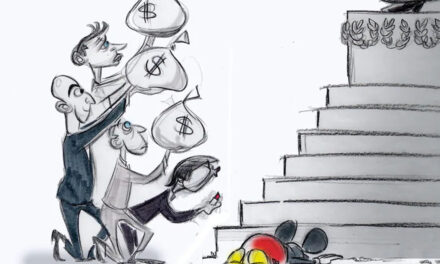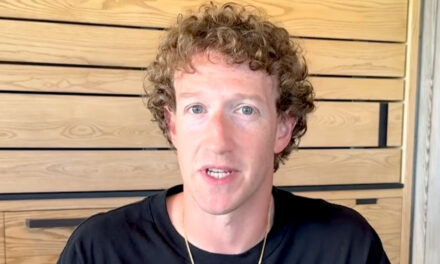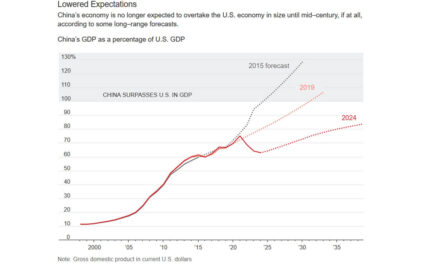
Will Congress Overturn Section 230?

Lawmakers are under increasing pressure to address Section 230 of the Communications Decency Act. Section 230 protects Facebook and Big Tech companies from being held liable for the third-party content posted to their platforms.
It also gives companies the ability to remove third-party content if it is offensive, obscene, or otherwise inappropriate.
Democrats oppose the provision because it prevents legal action in cases where hate speech flourishes online. Republicans dislike the law because Big Tech uses it to censor conservative content.
Despite the fact that nearly everyone in Washington agrees that the law should change, crises including the pandemic and election fraud have put the issue on hold.
Widespread concerns that changing the law will make the Internet even worse have slowed progress on Section 230.
“Section 230 touches on everything from election integrity to online social-media bias,” says Klon Kitchen, former director of the Center for Technology Policy at the Heritage Foundation, and removing it could produce overwhelming and economically damaging results.
Despite its flaws, Section 230 is what allowed the modern Internet to evolve into what it is today.
Without 230, we may never have had things like YouTube, Twitter, Reddit, and AirBnB. Without 230’s protections, it would be nearly impossible for startups to enter the sector and succeed.
As reported by The Disruptive Competition Project (DisCo), the removal of the provision would significantly reduce investment in the technology industry. “If liability protections are weakened, 71% of investors would feel uncomfortable investing in intermediaries” and there would be an “81% reduction in angel investors.” On top of that, more than 100,000 people currently working as content moderators could lose their jobs.
The good news is that most lawmakers don’t want to eliminate 230. They want to change it so that it protects platforms only if they obey certain rules. Lawmakers have introduced more than 30 proposals to alter the law in recent years. Click here to view the entire list.
One proposal, put forth by Democratic Sens. Mark Warner (VA), Mazie Hirono (HI), and Amy Klobuchar (MN) addresses “civil rights violations, stalking, and harassment” by forcing online platforms to obey federal civil rights law, changing what Section 230 protects from “information” to “speech,” and allowing lawsuits against websites that receive or make payments for content, such as Amazon Web Services and Bandcamp.
“[This legislation] would devastate every part of the open Internet, and cause massive collateral damage to online speech,” argues Senator Ron Wyden (D-OR), one of the original authors of Section 230.
A more sensible approach, dubbed the PACT Act, would force online platforms to provide clear rules on content moderation. It would also provide quarterly reports on what sort of content platforms are removing. The rules would be less stringent for startups.
As lawmakers struggle with Section 230, it is possible that Biden will create a new commission to fix the Internet.
Author’s Note: Section 230 is a complex but important law. Without it, companies like Facebook would be responsible for every single word users post. Rather than drown in lawsuits, Facebook would have to impose strict content moderation rules – censorship – which is pretty much what they are doing already.
Sources:
How Congress Might Upend Section 230, the Law Big Tech is Built On
The Telecommunication Act’s “Good Samaritan” Protection: Section 230

























All shit. No bull. The only thing dangerous about you is the smell. You probably wouldn’t make it a week…
Joe Gilbertson: where are you going with these threats? My free speech is facing intimidation, sometimes physical threats. Is this…
NOT BUSTED. You didn't have to say it. That is what I meant in the above post from me. But…
Just another ruse for taking jabs at Biden through alleged short comings of his. Ten days remaining in Biden's term…
I never said I WANT China to continue to own Panama. You made that up. First,I didn’t say it. Second.…